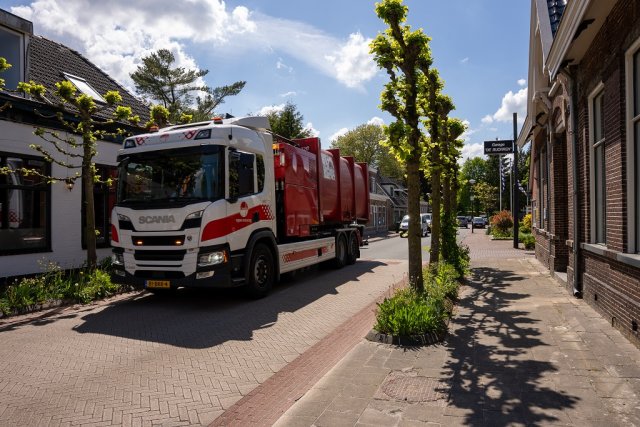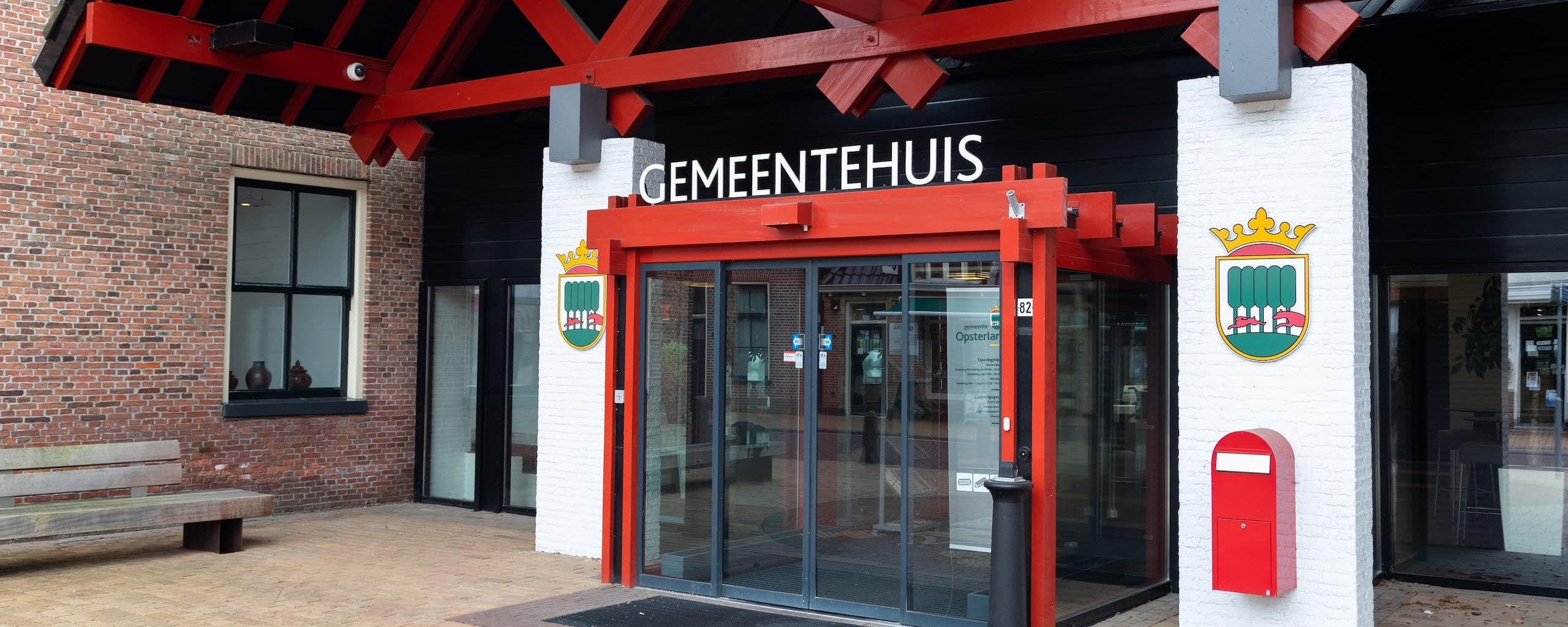We're switching to Diftar+, what does that mean for you?
The municipality collects your garbage. You pay waste disposal charges for this. In Opsterland we have been using the 'Diftar' system for years. You pay partly a fixed amount and partly per time that you put the container on the road. This is called 'pay according to use'. Municipalities such as Leeuwarden, Ooststellingwerf and Heerenveen already have positive experiences with an updated version of this system, Diftar+. Opsterland would like to follow this good example. In order to better separate waste and have less residual waste, the municipality is switching to the new Diftar+ system. In this article we explain what that entails.
What is Diftar+?
With Diftar+ you pay for the weight of residual waste you present. You pay a fixed amount per year (for every home, even if you use a collection container) and an amount per kilo of residual waste. The garbage truck weighs the container before and after emptying. This calculates how many kilos you have offered. You also pay a small amount each time you take the container to the road. This is called a call-out fee. Do you live in a flat or apartment building? Then you continue to pay each time you open the lid of the underground residual waste container.
Why does the municipality choose Diftar+?
Residual waste still contains many items that can be reused, such as:
- vegetable, fruit and garden (GFT) waste
- food waste
- paper
- textile
- glass
If you separate waste better, there will be less residual waste. Less residual waste means lower costs for you. This is how environmentally conscious behavior is rewarded.
How does paying by the kilo work?
The garbage truck has a built-in weighing system. The container is weighed before and after emptying. The difference is the weight of your waste. You only pay for what you actually offer.
Why is plastic not collected separately?
Plastic, metal and beverage cartons (PMD) are automatically removed from residual waste by Omrin. This is easy for you. Many people find it difficult to separate plastic properly, causing contamination. Contaminated loads are often still incinerated. Omrin's post-separation plant removes plastic more reliably from the waste. So more can be reused.
When does Diftar+ start?
On January 1, 2026, the new system will start. After the summer, you will receive and letter explaining what this means for you. Would you like to know more now? Go to:
Frequently asked questions about Diftar+




